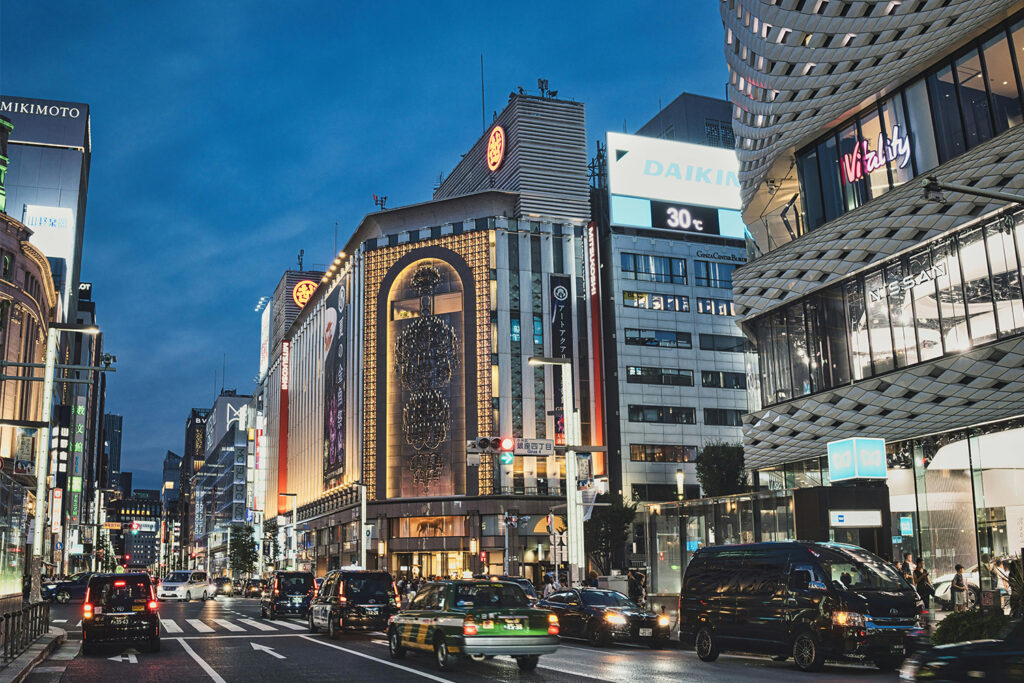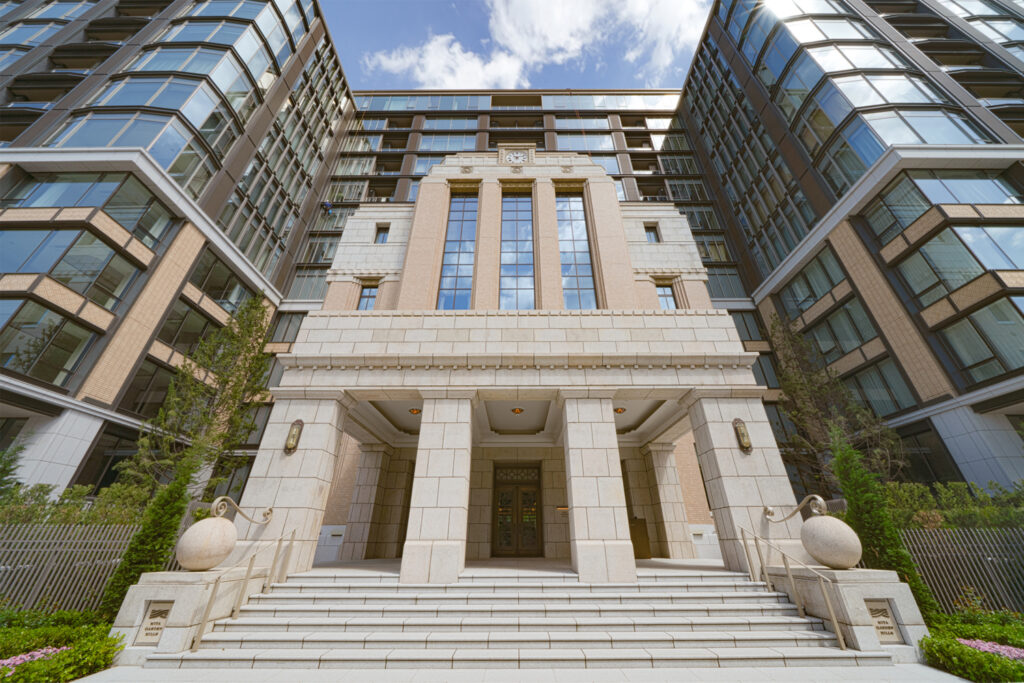Tokyo Real Estate Prices Unlikely to See Major Drop After Olympics

Compared to the current trade wars and political crises occurring in the global market, the Tokyo real estate market is looking stable.
Since Prime Minister Shinzo Abe took charge in 2012, real estate prices have continuously appreciated owing due to quantitative easing policies. Despite the upward trend, there has been a popular belief among some naysayers that Tokyo real estate prices will begin to decline after the Tokyo 2020 Olympics.
What’s behind this belief? Two leading reasons support this argument. First, it is believed that construction demand will ease off after the Olympics, consequently bringing down the prices of construction materials and hence affecting real estate prices in favour of buyers. Secondly, it is believed that foreign investors plan to sell off their properties around the time of the Tokyo Olympics.
This article will examine the validity of these beliefs and explain the true market forces at play.
The myth of the construction investment bubble
First of all, it is difficult to see a construction bubble when you consider the impact of a shrinking working population.
In recent years, Tokyo has seen a surge of construction investment attributed directly and indirectly to the Tokyo Olympics, as can be seen in graph 1. Direct construction investments include urban redevelopment, construction of commercial facilities, enhancement of transportation infrastructures, whereas indirect investments revolve mainly around inbound tourism with new/refurbishment of hotel developments in the private sector. As a result of these investments, there has been a high demand for construction services from the date the location of the Games was announced in September 2013 leading up to the Olympics. However, from mid-2017, construction investment hits a ceiling despite 2020 closing in. There appears to be a correlation with construction industry labour data, as can be seen in graph 2.

Due to the lack of manpower, schedules of other major construction have been pushed back to after the Olympics and consequently, construction demand will continue to spread out rather than experience an immediate boom. Construction in regions outside of Tokyo is also being a delayed, with a successful Games being given the priority.
See our current selection of Luxury Properties in Tokyo
Boost from Inbound Tourism Growth
Between 2012 and 2017, the number of international tourists visiting Japan increased by a whopping 250%, far more than other countries but there is still ample room for further growth when compared to other popular destinations such as France. The experience of past Olympics hosts shows that the key to achieving a long-lasting increase in tourism is to promote tourism resources throughout the country. For Japan this means, for example, establishing routes that allow tourists coming for the Olympic Games to make excursions to regional areas in addition to visiting the Tokyo metropolitan area. One important example of this is Integrated Resorts, a resort property complex that offers diversified leisure facilities including a casino; the Japanese government is scheduled to grant three regions the right to build such IRs soon.

Japan’s booming tourism industry coupled together with an ageing building stock that is required to be reconstructed or refurbished, means that we can anticipate construction investment to stay high in the medium term.
Foreign Investors Invest in Stable Tokyo Rental Income
Some real estate insiders have been highlighting that the disposal of real assets by foreign investors could affect prices. These investors are said to be those who had acquired Tokyo real estate at the time when the yen began to sharply weaken as part of Prime Minister Shinzo Abe’s economic stimulus package. The hypothesis was that investors would take advantage of tax rules on capital gains, the so-called “five-year-rule”: once a buyer has held property in Japan for more than 5 years, any capital gains made will only subject to 15.315% tax compared to 30.63% if sold within 5 years.*
It has been more than 5 years since the introduction of stimulus initiatives in 2012 and we have yet to see this trend, nor any plunge of prices in Tokyo. The reason for this? The Tokyo market is attractive for its long-term stable income with appealing yields and reliable tenant profiles.
Another fact to consider is that Tokyo real estate is predominantly a local market and is not driven significantly by foreign capital as compared to other markets such as London, New York, or Paris (see below chart). Even if many overseas investors did sell all at once, there will be little impact on prices.

*The 5-year rule is not counted from the day you purchased the property until the day you sold it. Instead, you need to have owned the property for five full calendar years (January 1 – December 31).
See our current selection of Tokyo Investment Properties and learn about our Property Management services
Conclusion
Considering that construction demand is expected to continue to be high and that tourist numbers continue to surge, we are unlikely to see a major drop in Tokyo real estate prices for reasons often quoted. The Tokyo real estate market is looking bright with further investments in construction expected to rise from an increase in foreign capital ownership. Chinese visitors to Japan in the first half of 2019 surged 11.7% from a year earlier to 4.5 million and the total number is expected to exceed 10 million by the end of 2019. These visits are changing Chinese impressions of Japan and as a result, we are currently seeing HNWIs and investors of Chinese descent who are looking to bring their wealth closer to home, shift asset allocation to Tokyo.
Read more about the changing trend in a previous article: Targeting the modern Chinese Buyer











